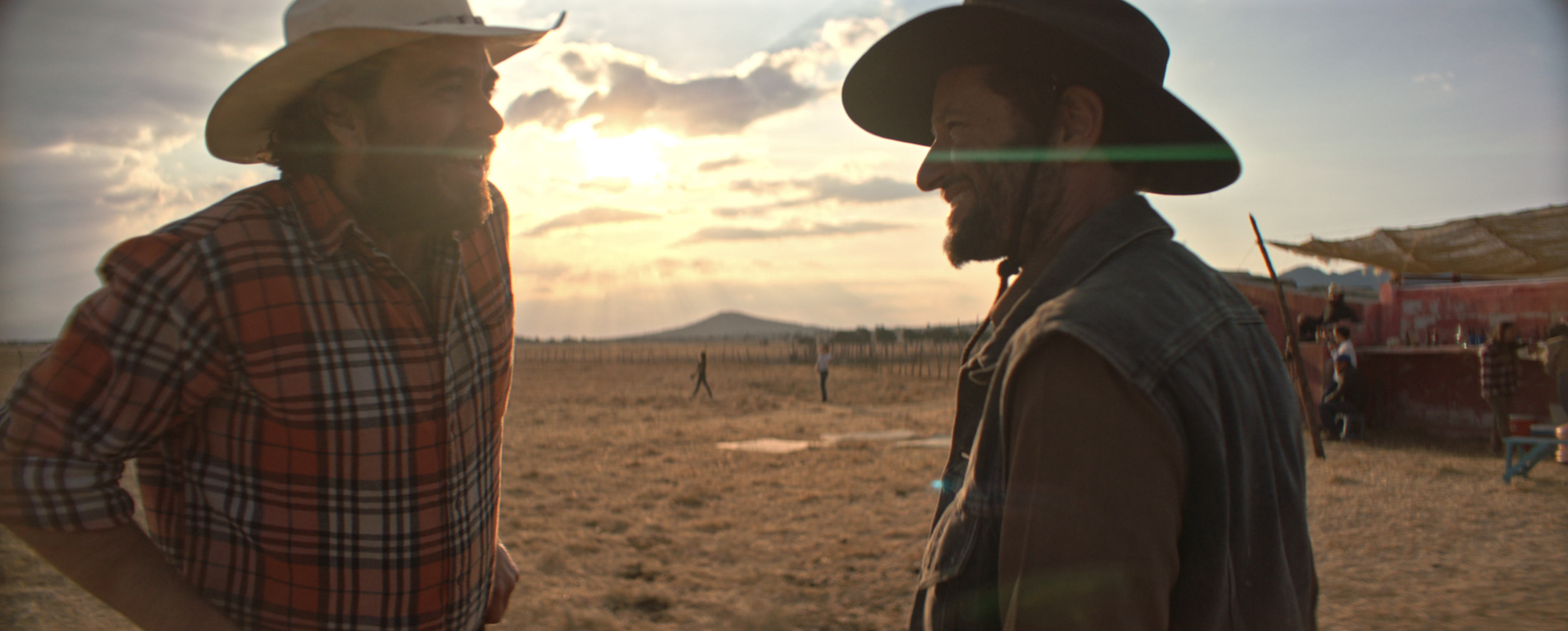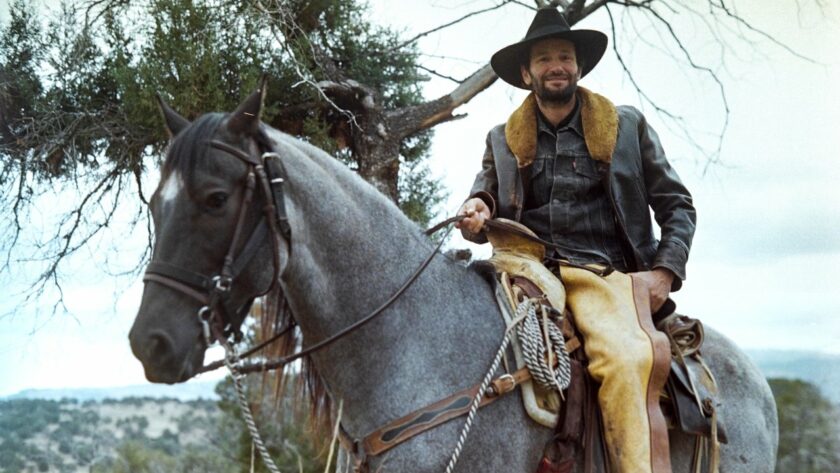It’s festival season! The FilmSoc blog is covering the 75th Venice International Film Festival (29 August – 8 September), diving into the myriad of films and events on offer to deliver reviews.
Milo Garner reviews Carlos Reygadas’ newest drama.
Our Time (Nuestro Tiempo) is a film that constantly teases beauty.
It features a strong thematic progression, in which a man must come to terms with the inescapable decline of his relationship. He must watch as his wife grows restless, as she stares into the eyes of another with a look once reserved only for him. He must juggle with the sense and nonsense of it all, through self-doubt and revaluation. He becomes cuckold not for weakness but desperation, some vain attempt to capture again what he has lost, to witness that which he covets so dearly. But he can only peek through the cracks; she is gone, even if it takes a long time for her to fully disappear. He is left dissolute, but nothing can be done. Their time, as it were, is done.
The cinematography is also of note. The gorgeous landscapes, the closeness of children at play, the vast open plains. The camera will often leave its subjects or allow those subjects to leave it, capturing an empty frame, an incomplete image. As structure and stability leave the central marriage, even the diegesis cannot keep it contained; again, the end is inevitable, no matter the platitudes repeated to one another. In other moments the camera will remain, but light will not. The vaguest of outlines might be decipherable, but nothing more. Again, a sense of something that is no longer there, not in any substantial way.

With this cinematography comes Reygadas’ eye for imagery. He shoots a rumbling desire through the vivaciousness of a timpani concerto, booming drums and roaring brass. Post-coital lust is visually felt through the parts of a car, its engine and axel, a wheel running through the mud. This mud will obscure the screen, and then reveal a memory, or dream. Memory itself is presented vicariously through Juan’s son, who is currently embarking on his own young, and illicit, love. His passion opens the film, unformed and precious as it is, and lingers in the mind as a constant reminder of what things once were. The other side of the film is bookended by a similar image of love and devotion – a man filled with tumours, sure of his death, but surrounded by those he adores and who adore him. Juan envies this dying man his surety of fate and the care afforded him. It is an idiotic jealousy, but one he feels truly, one that evidences how little he has left.
And yet I cannot say that I liked the film, despite a formal and contextual grounding as impressive as this. These elements fall through the gaping cracks of poor construction and loose structure, lost to a circular and monotonous pace. Nearing three hours, Our Time does not spread itself wisely. For more than the first third it stands as nothing more than de rigueur affair cinema, lacking any intrigue beyond a cheating wife and her suspicious texting. At this point the characters only have a very foundational development; the result is a sense of drifting through to nothing. I was sure this feeling would not last the whole film, but that I could feel it at all cannot be ignored.

The final two thirds introduce the main narrative, but suffer similarly with extended periods of uneventful drifting. It seems as though Reygadas intended to create a sense of the gradual or the glacial, a painfully slow coming apart, delayed at any opportunity. But his point survives without necessitating long and repetitive stretches of the same thing. Neither Juan or his wife are interesting enough characters to spend so long with, since only the former’s realisations offer the film any momentum at all. It becomes a back and forth that serves only to undermine the emotional impact a shorter film might have courted; a sad fate for such artistry as this.
By its conclusion, Our Time again brushes with the transcendent, with some incredible footage of bulls fighting and cavorting. An ambivalent fog strolls across the fields as these great beasts break and crash against one another, their hulking forms a manifestation of the tension the film so often – too often – withholds. One amongst them is tossed down a hill, defeated by his rivals. He is left alone, battered, dying. Juan, I would imagine. Not a subtle image, but evocative. It is a shame that little of the film before, so fertile in basis, can provoke to a similar degree.
5/10
Our Time had its world premiere at Venice Film Festival on September 5th, 2018. It has yet to acquire a UK release date. Check out its trailer below:




